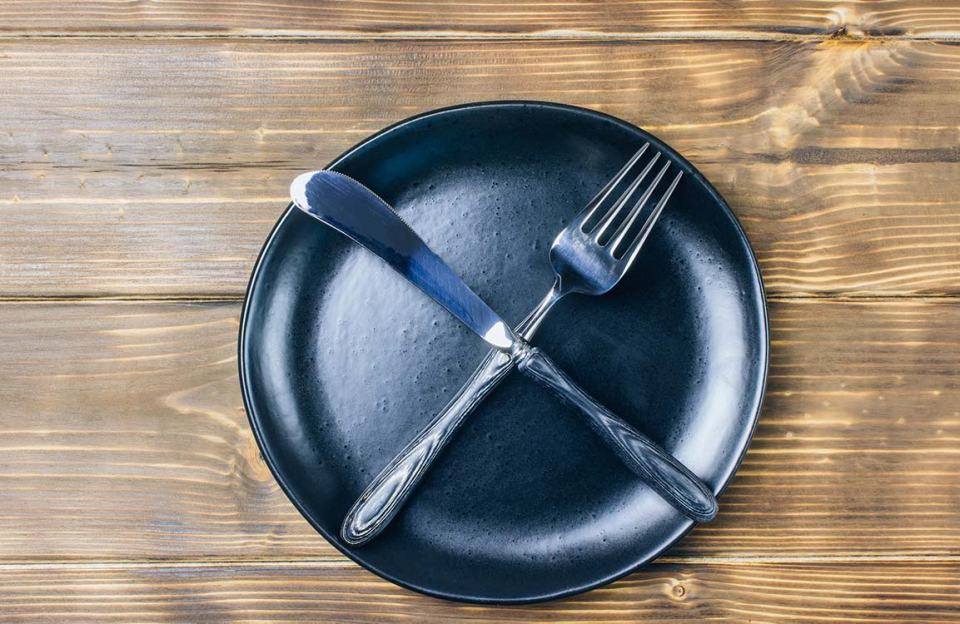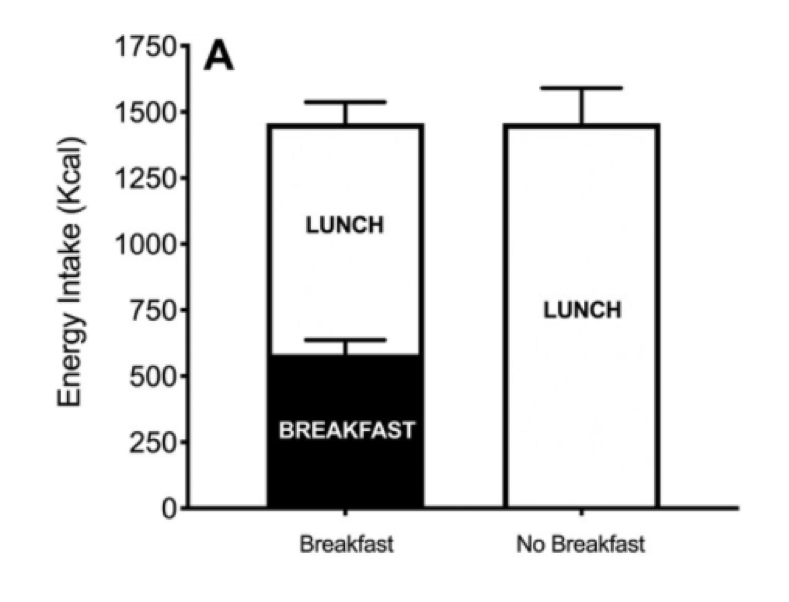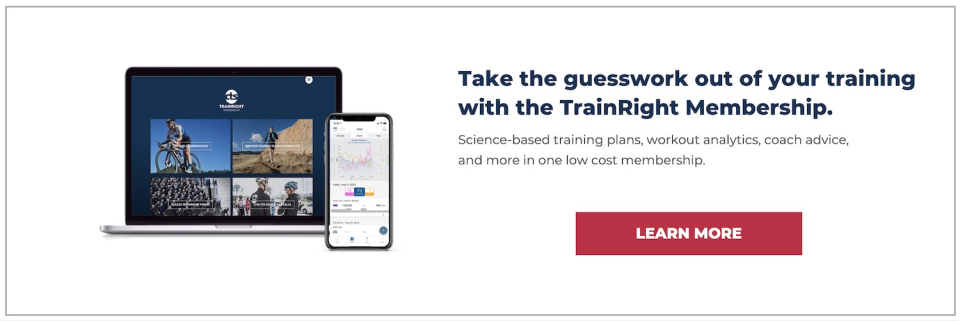Fasting Doesn’t Increase Fat Oxidation or Workout Performance, New Study Shows
Intermittent fasting and time restricted eating have gotten a lot of attention lately. It pops up on podcasts, with social media influencers and in an array of apps that will tell you when and for how long your ideal fast should be, by Jason Koop, Head Coach of CTS Ultrarunning

Jason Koop, Head Coach of CTS Ultrarunning has written about fasting in this blog (and you can see Chris Carmichael’s take on it here).
Many proponents of using fasting as a tool for athletes focus on the purported benefits stemming from increases in fat oxidation. And certainly, there are situations where taking advantage of an overnight fast followed by a moderate length, low intensity run might be a useful tool in promoting increases in fat oxidation (as Jason has written about here). However, recent research has suggested that not all fasted training scenarios are created equal.
Researchers at the Swansea University in Wales wanted to study how breakfast omission impacted evening workouts. Do to so, they employed eleven highly trained cyclists (VO2max >61 ml/kg/min) to perform two 20-kilometer cycling time trials. In one condition, the cyclists were asked to keep up their normal eating routine of breakfast and then lunch. In the other trial, the cyclists were asked to forgo breakfast and then eat a larger lunch to make up the difference in calories. Each subject performed both trails in a randomized order.
FREE 14 DAY TRIAL! USE CODE: TRM14GFG
Use the above promotion code when signing up for TrainRight Membership for a 14 day no obligation trial. TrainRight Membership comes with a 30-day money-back guarantee!
There are a few interesting things to take note of within the study design. First, the cyclists in each trial consumed an equal number of calories by the end of the lunch feeding (~1500 kcals). The breakfast omission group simply consumed their breakfast calories during lunch (see the figure below).

Second, the no-breakfast group essentially created a 14-hour fast, which is similar to a 16:8 time restricted eating protocol that is popular among the fasting crowd. It’s also a scenario that is quite common for a lot of athletes who also fast (skip breakfast, make up for it at lunch, workout in the evening). Finally, since the study design was a cross-over, we get to see individualized effects.
Results: A rare double negative
During the no-breakfast trial, the cyclists performed ~3% worse. This is completely unsurprising, as the finding is in line with several other studies that suggest that breakfast (particularly a carbohydrate rich one) improves performance across a range of activities, from short high-intensity bouts, peak power output trials, time trials, and even resistance training (for a review, see this). However, an interesting side point is that the no-breakfast group also showed a decrease in fat oxidation during the trial (and a subsequent increase in carbohydrate oxidation). This is the exact opposite of what the proponents of fasting promote as a benefit. So, now we have a situation where skipping breakfast specifically to promote fat oxidation does the exact opposite in a real world scenario, and causes a decline in performance. You literally get the worst of both worlds. You perform worse and fail to glean any of the purported fat burning benefits from the fast.
In addition to these results, I also found it interesting that 8 out of the 11 cyclists performed worse during the no-breakfast trial, and the ones that performed better did so very marginally (see the right side of the chart below where the dots below the dashed line represent the athletes who were worse after the no-breakfast trial and the dots above the dashed line were better). In many other nutritional intervention studies, we see a wider discrepancy between positive and negative responses, reflecting the highly individualistic nature of nutrition. The fact that the group was so consistent between the trials further reinforces the conclusions and take aways, which are….
Take Home
First off, if you have a high-intensity workout planned for the evening, don’t skip breakfast. This is pretty cut and dry and has been demonstrated across a wide array of scenarios. In fact, if you skip breakfast and think you can ‘make up for it (the calories)’ at lunch, you will still be at a performance deficit. Second, skipping breakfast will not improve your fat oxidation rates. It might even make it worse. The authors theorize that the mechanism of action for this has to do with the timeframe associated with digesting a large quantity of food relative to the timing of the time trial.
The bottom line is two-fold:
- If you want to maximize your evening workout, eat breakfast. A larger lunch does not make up for it
- If you are looking to increase fat oxidation for your evening workout, skipping breakfast in contraindicated.
References:
Richard S. Metcalfe, Matthew Thomas, Christopher Lamb & Enhad A. Chowdhury (2020) Omission of a carbohydrate-rich breakfast impairs evening endurance exercise performance despite complete dietary compensation at lunch, European Journal of Sport Science, DOI: 10.1080/17461391.2020.1797890
Rothschild JA, Kilding AE, Plews DJ. What Should I Eat before Exercise? Pre-Exercise Nutrition and the Response to Endurance Exercise: Current Prospective and Future Directions. Nutrients. 2020;12(11):3473. Published 2020 Nov 12. doi:10.3390/nu12113473

